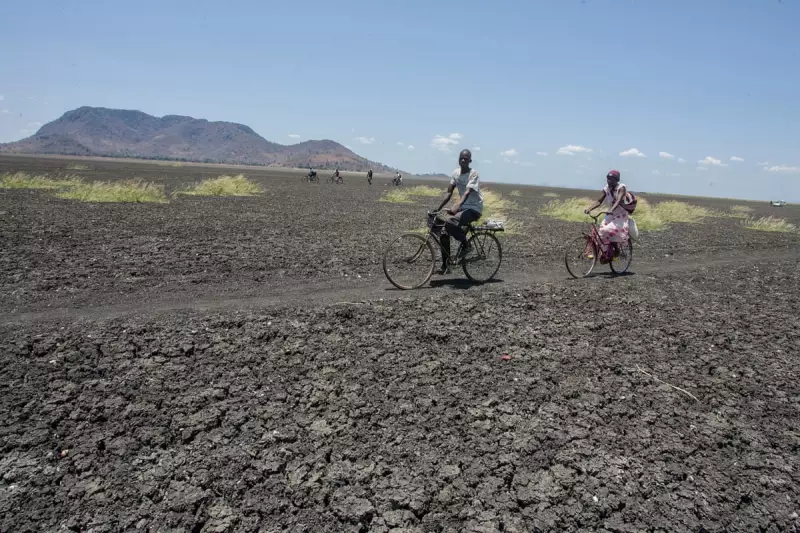
A devastating climate-induced drought is pushing Malawi towards a profound humanitarian catastrophe, with millions of citizens facing acute water shortages and a desperate struggle for survival.
The crisis, described as the worst in decades, has seen traditional water sources—rivers, boreholes, and wells—dry up completely across vast regions. This has forced villagers, primarily women and children, to embark on perilous journeys of up to twelve hours to fetch often contaminated water from dwindling sources.
A Nation on the Brink
The situation has escalated into a severe public health emergency. Clinics report a horrifying surge in cases of waterborne diseases like cholera and diarrhoea, with children being the most vulnerable. "We are witnessing a health disaster unfold," one medical officer stated. "Without clean water, disease spreads rapidly, and our resources are stretched beyond capacity."
Agriculture, the backbone of Malawi's economy and the primary source of sustenance for most families, has been decimated. Crops have withered in the fields, leading to widespread crop failure and soaring food prices. The UN's World Food Programme has classified the drought as its highest level of emergency, signalling a dire need for international intervention.
The Dual Threat: Climate Change and El Niño
While the El Niño weather pattern has contributed to the lack of rainfall, scientists and aid agencies are unequivocal: the climate crisis is the primary amplifier, making such extreme weather events more frequent and severe. This drought is not an anomaly but a stark preview of a new, terrifying normal for one of the world's least prepared nations.
Community efforts to mitigate the disaster are being outpaced by the scale of the crisis. The construction of new boreholes is a race against time, often failing to reach sufficient depth as the water table continues to plummet.
An Urgent Call for Global Action
The unfolding disaster in Malawi serves as a grim warning and a urgent call to action. It highlights the devastating inequality of the climate crisis, where nations that have contributed the least to global carbon emissions are suffering its most brutal consequences. International aid is crucial, but long-term solutions and climate justice are needed to prevent a recurring cycle of despair.





